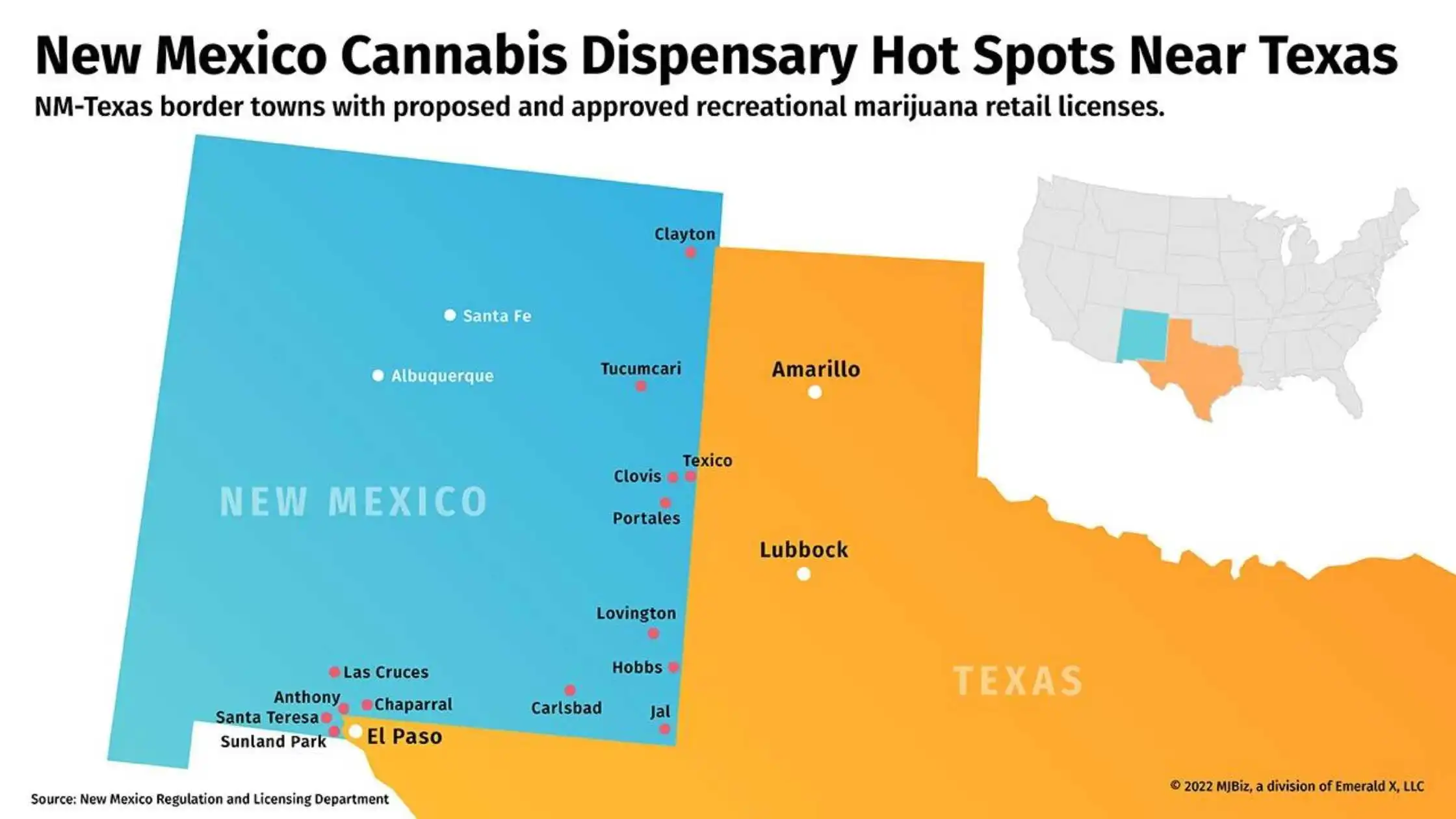Three stakeholder groups say they will appeal to Italy’s Regional Administrative Tribunal (TAR) to challenge a recently approved decree that classifies hemp among medicinal plants in contravention of European law.
The groups say they intend to go to TAR in the Lazio region to seek suspension of one paragraph in the most recent inter-ministerial decree and a referral to the European Court of Justice “to protect our legitimate interests . . . and rights,” according to a joint press release issued by trade associations Resilienza Italia Onlus, Sardinia Cannabis and Canapa Sativa Italia.
The decree issued last month by the State-Regions Conference updates language in a 2018 decree that addresses consolidated Italian law on the cultivation, harvesting and processing of medicinal plants.
Ongoing confusion
The Ministry of Agricultural, Food and Forestry Policies said in a press release that the decree “offers an innovative regulatory framework for the medicinal plants sector, for the benefit of the many farms interested in starting a cultivation and first processing activity.”
However, the associations say it is necessary to clarify the distinction between the cultivation of hemp varieties grown strictly for the pharmaceutical supply chain and those grown to produce leaves and flowers for non-medical uses.
Rulemaking on hemp in Italy needs to be clarified at best. Last October, the Ministry of Health cancelled a separate decree issued ten days earlier that had added hemp-derived CBD to the country’s list of medicines, essentially giving the compound narcotics status in all applications. But in a legally binding ruling applicable in all EU member states, the European Commission declared in 2020 that CBD is not a narcotic, following a celebrated European Union Court of Justice ruling to that effect made earlier in the same year.
‘Vague and unsuitable’
Health Minister Roberto Speranza later nullified that decree, which both Italian and European hemp groups had vehemently opposed.
“The hemp market is experiencing significant growth internationally, while in Italy, many products containing hemp inflorescences are marketed under a vague and unsuitable regulatory framework that fails to guarantee the safety of the sector,” the groups said in the press release issued last Friday, asking for “clarification . . . to save the industrial sector relating to all uses of the plant in its entirety in the world of aromatic, herbal and perfumery products.”
Disclaimer: https://hemptoday.net/italian-groups-continue-to-push-for-clarity-amid-confusing-series-of-decrees






Italy’s hemp industry needs support, not unnecessary restrictions.
Clear regulations are key to ensuring the safety and success of the hemp sector.
European standards should guide national policies to avoid legal conflicts.
The hemp industry’s growth shouldn’t be stifled by vague and unsuitable laws.
Italy has a chance to be a leader in the hemp market with the right regulations.
The current decree seems to complicate rather than support the hemp industry.
A well-regulated hemp market could offer numerous economic opportunities.
It’s great to see trade associations standing up for their rights.
This challenge could lead to positive changes for the entire hemp industry.
Farmers need clear guidelines to fully realize the benefits of hemp cultivation.
It’s important to address the confusion surrounding hemp regulation in Italy.
The industrial hemp market could thrive with better regulations in place.
Regulatory clarity is essential for the safety and growth of the hemp sector.
European law already clarified that CBD is not a narcotic, so Italy should follow suit.
This legal challenge is a step towards protecting the rights of hemp growers in Italy.
Hemp has significant economic potential that shouldn’t be hindered by outdated laws.
The potential suspension of the decree could benefit many Italian farmers.
Italy needs a clear and supportive regulatory framework for hemp cultivation.
The European Court of Justice ruling should be respected to avoid legal confusion.
It’s essential to differentiate between medicinal and non-medicinal hemp uses.
It’s crucial to align national laws with European regulations to ensure a fair hemp market.
This decree could negatively impact the growing hemp industry in Italy.
The stakeholder groups are right to challenge this decree for the sake of industry clarity.
Hemp should not be classified as a medicinal plant; it’s a versatile crop with many uses.
It’s crucial to align national laws with European regulations to ensure a fair hemp market.
Your content is both relevant and well-researched.